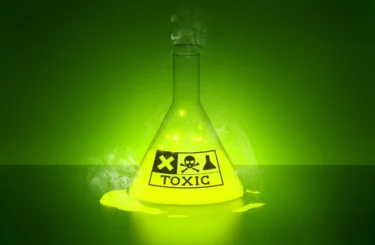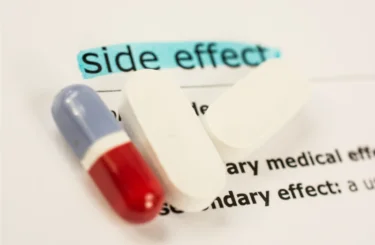Recalls of Medical Devices Double over Ten-Year Period
According to a recently released study from the U.S. Food & Drug Administration, the number of product recalls involving defective medical devices nearly doubled between 2003 and 2012. Perhaps more alarming is the fact that Class I recalls (where a purported product defect has a reasonable probability of death) rose 800%.
There is speculation that the increase is due to device manufacturers taking action more quickly after problems arise. A 2011 report from the federal Government Accountability Office (GAO) found that companies were not issuing recalls until it was too late to address the problem, since thousands of devices had already been implanted in patients. Examples of such recalls include the Medtronic Sprint Fidelis defibrillator wire, which was shown to fracture in a small number of patients and cause death. Because of the GAO report and the subsequent inspections and workshops it prompted, doctors and hospitals are more closely monitoring and identifying defective devices.
Although companies are now taking a more proactive, patient-centric approach, numerous defective medical devices remain on the market or have already been used or implanted in patients. If you someone you know was injured by a defective device, regardless of whether the device is the subject of a recall, please contact the attorneys in Sommers Schwartz’s Personal Injury Litigation Group to discuss your case and help you pursue your rights.
Jason J. Thompson
Jason Thompson is a nationally board certified trial attorney and co-chairs Sommers Schwartz’s Complex Litigation Department. He has a formidable breadth of litigation experience, including class action and multidistrict litigation (MDL), and practices nationwide in both state and federal courts.





